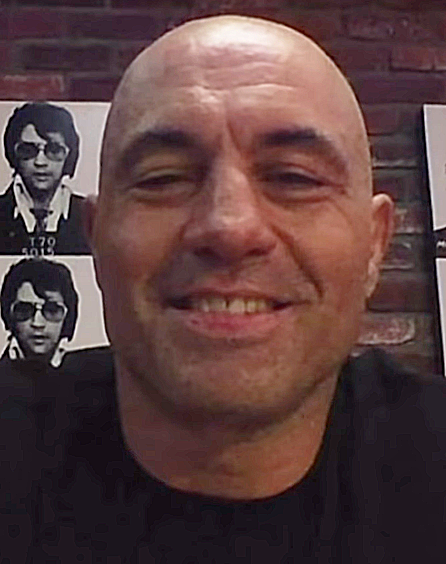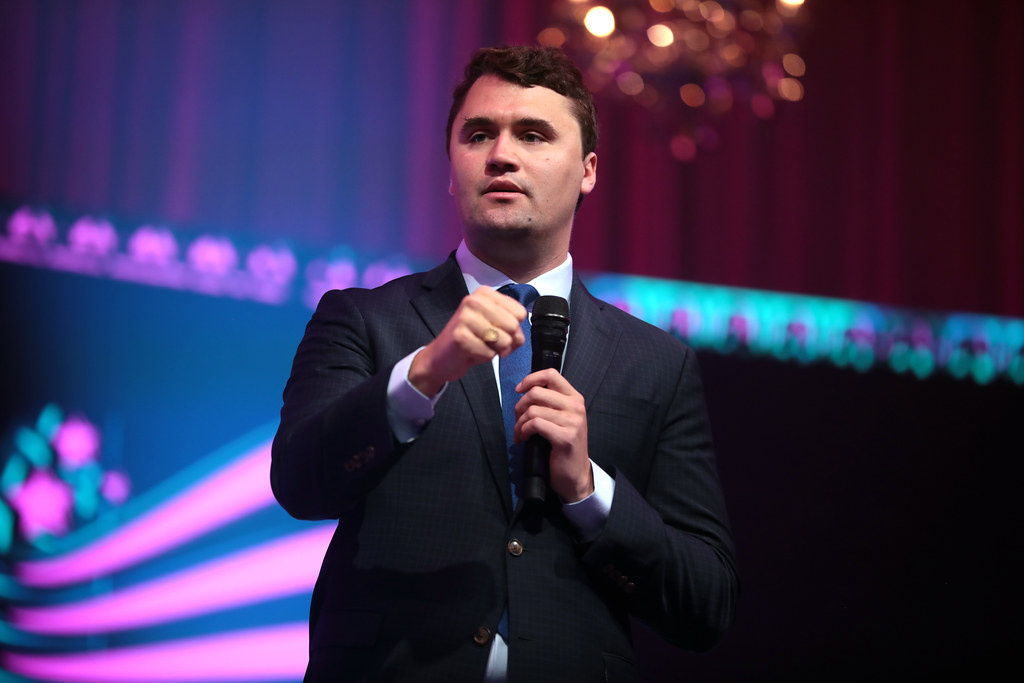In an era characterized by stark political divisions and an increasingly polarized media landscape, it is rare for figures from across the ideological spectrum to find common ground. Yet, a recent controversy involving late-night host Jimmy Kimmel, his temporary suspension from ABC, and the vocal intervention of podcaster Joe Rogan has managed to forge an unexpected alliance, shining a spotlight on a fundamental principle that transcends partisan squabbles: the sanctity of free speech. This incident, initially perceived by some as another skirmish in the culture wars, quickly evolved into a much larger conversation about government overreach and the delicate balance between public commentary and official pressure.
At the heart of this unfolding drama was a series of comments made by Kimmel, which swiftly drew the ire of certain political factions and, critically, a government official. The subsequent decision by ABC to pull Kimmel off the air, however brief, ignited a passionate debate about censorship, the role of comedians in public discourse, and the alarming potential for governmental influence to silence dissenting or even simply provocative voices. This wasn’t merely about a comedian’s jokes; it was about the mechanisms by which speech can be suppressed and the chilling effect such actions can have on a vibrant democracy.
Joe Rogan, a hugely influential figure known for his independent views and broad appeal, stepped into this fray not as a defender of Kimmel’s specific jokes, but as an ardent champion of free expression. His intervention reframed the narrative, arguing forcefully that the issue was not one of left against right, but rather a perilous encroachment by big government on the rights of the people. This article delves into the various facets of this pivotal moment, exploring how Rogan’s perspective shifted the conversation and underscored the enduring importance of safeguarding open dialogue against any form of censorship, particularly when it emanates from the halls of power.
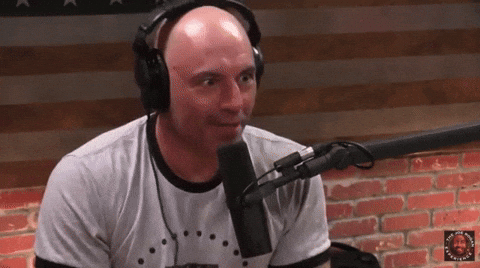
1. **Joe Rogan’s Core Stance: Unwavering Opposition to Government Censorship of Comedy**Joe Rogan, the influential host of the “Joe Rogan Experience” podcast, did not mince words when addressing the controversy surrounding Jimmy Kimmel’s suspension. His fundamental argument was clear and uncompromising: “I definitely don’t think that the government should be involved, ever, in dictating what a comedian can or cannot say in a monologue.” This statement serves as the bedrock of his position, emphasizing a deeply held conviction that the state has no place in regulating artistic or comedic expression.
Rogan’s perspective highlights a crucial aspect of free speech in a democratic society. It suggests that once the government begins to exert control over what can be said, especially in realms as subjective as comedy, it sets a dangerous precedent. The former “Fear Factor” host articulated this concern unequivocally, stating, “That’s… crazy.” This succinct declaration underscored his profound disagreement with any form of official interference in the creative freedom of comedians, viewing such intervention as an affront to basic liberties.
His stance is not rooted in an endorsement of Kimmel’s political leanings or the specific content of his jokes, but in a broader principle concerning the protection of speech itself. Rogan’s argument is that the integrity of comedic expression, and by extension, all speech, must be shielded from governmental pressure, regardless of the perceived offensiveness or political incorrectness of the content. This foundational belief positions him as a staunch defender of an open marketplace of ideas, even if those ideas are delivered through humor.
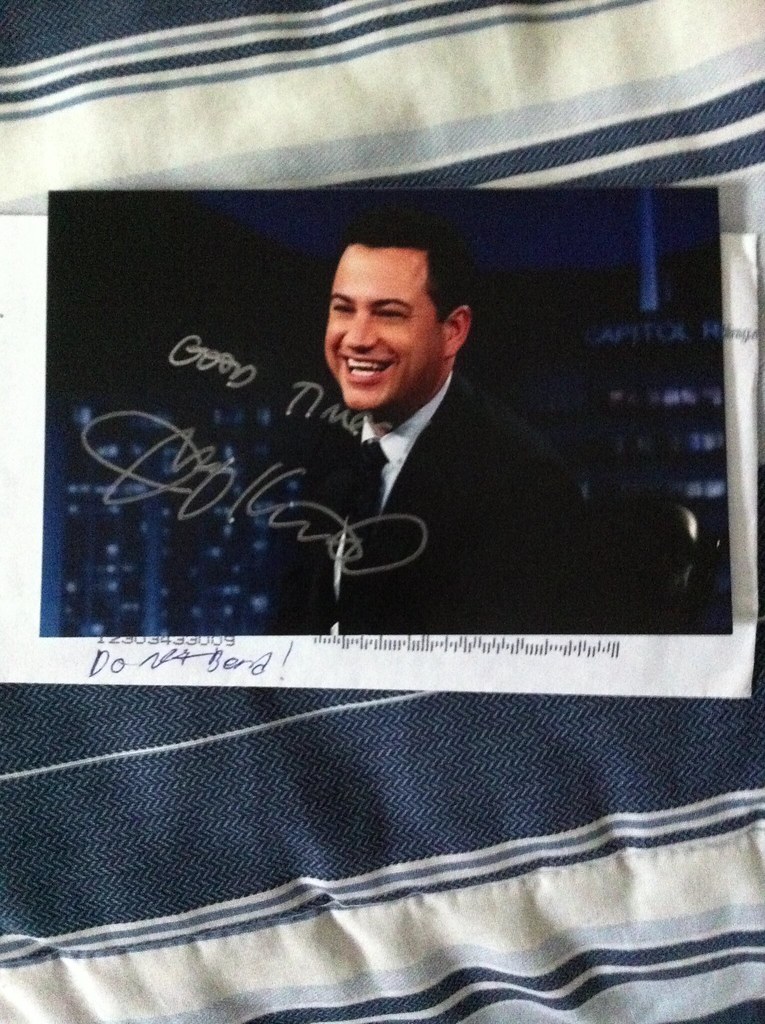
2. **The FCC’s Implied Threat: Brendan Carr’s Warning and the Pressure on ABC**The genesis of Jimmy Kimmel’s suspension can be traced directly to pressure from a government official. Brendan Carr, the chairman of the FCC, publicly slammed Kimmel’s remarks, which then escalated into a direct warning to ABC to take action against the comedian. Carr’s comments were stark, reportedly stating, “We can do this the easy way or the hard way,” on political commentator Benny Johnson’s YouTube show.
This warning, whether intended as a direct threat or not, undeniably created an environment of governmental pressure on a private media company. While Carr later denied that his comments were meant as a threat or that government pressure was the reason for Kimmel’s suspension, the timing and nature of his public statements are impossible to ignore. They illustrate a scenario where a high-ranking government official explicitly expressed disapproval of content and then issued a foreboding message to the platform carrying that content.
The incident underscores a critical tension in the relationship between government and media, particularly concerning speech that touches upon politically sensitive topics. Even without a direct order, the implicit weight of an FCC chairman’s words can compel action from broadcasters. This pressure, regardless of its official classification, raises significant questions about the independence of media organizations and their ability to host diverse, even controversial, voices without fear of reprisal.
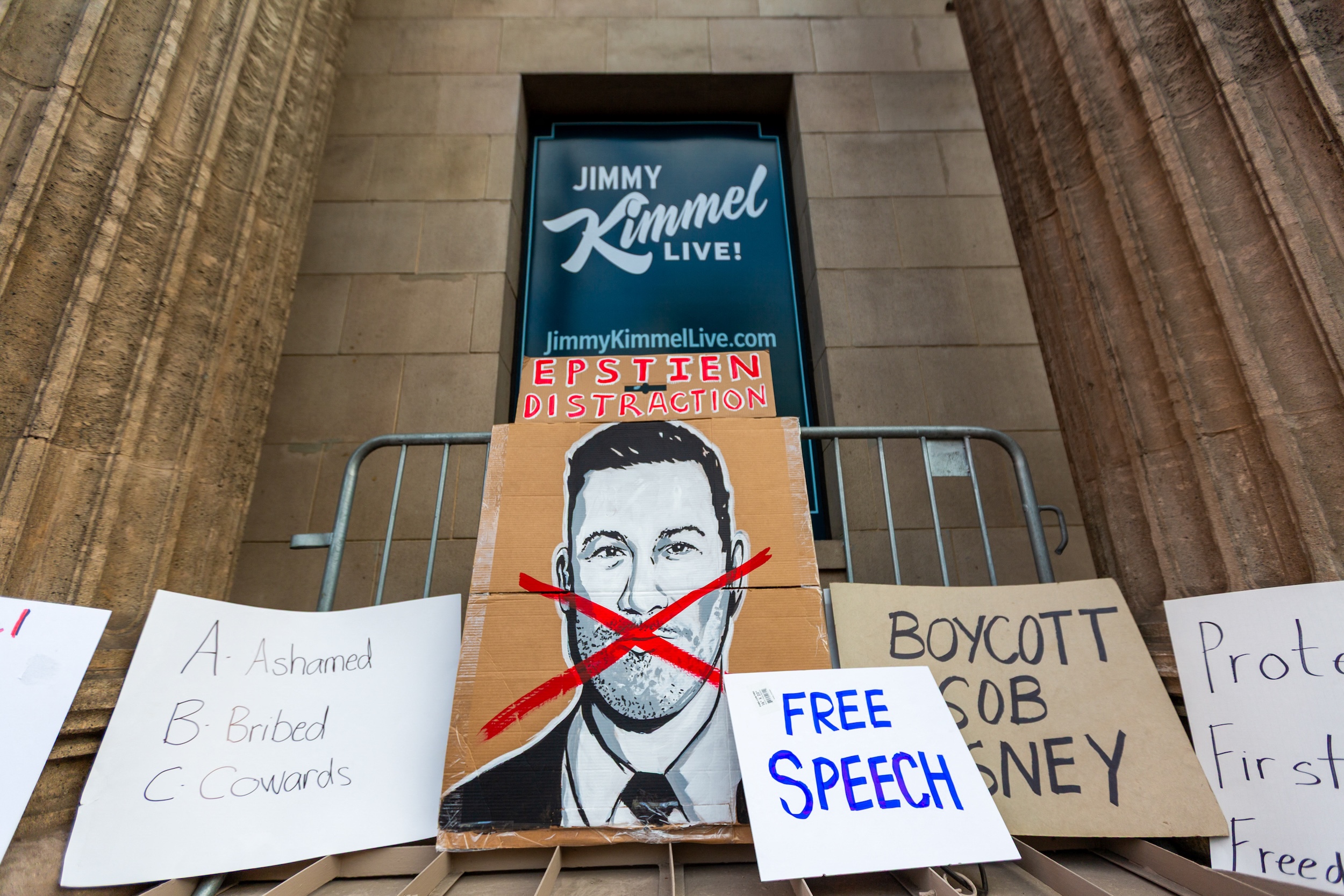
3. **Jimmy Kimmel’s Inciting Comments: The “MAGA Gang” and Charlie Kirk’s Murder**The spark that ignited this significant controversy was a series of comments made by Jimmy Kimmel during his monologue on September 17th. Kimmel addressed the murder of conservative activist Charlie Kirk, remarking that the “MAGA gang” was “desperately trying to characterize” the man charged with Kirk’s murder as “anything other than one of them and doing everything they can to score political points from it.” These comments were the direct catalyst for the subsequent outrage and official pressure.
Kimmel’s statements were seen by some as an attempt to tie the suspected killer to the “MAGA gang,” a politically charged group associated with former President Donald Trump. While comedians frequently use current events and political figures as fodder for their routines, these specific remarks proved particularly incendiary. They touched upon a tragic event and implicated a broad political movement, leading to immediate pushback from conservative circles.
On his podcast, Joe Rogan acknowledged the problematic nature of Kimmel’s comments. He stated, “It wasn’t accurate, though,” regarding Kimmel’s characterization. However, Rogan’s critique was not an indictment of Kimmel’s right to speak, but an analysis of the accuracy of the joke’s setup. This distinction is crucial, as Rogan’s defense was centered on the principle of free expression, rather than an endorsement of the factual basis of Kimmel’s particular comedic observation.
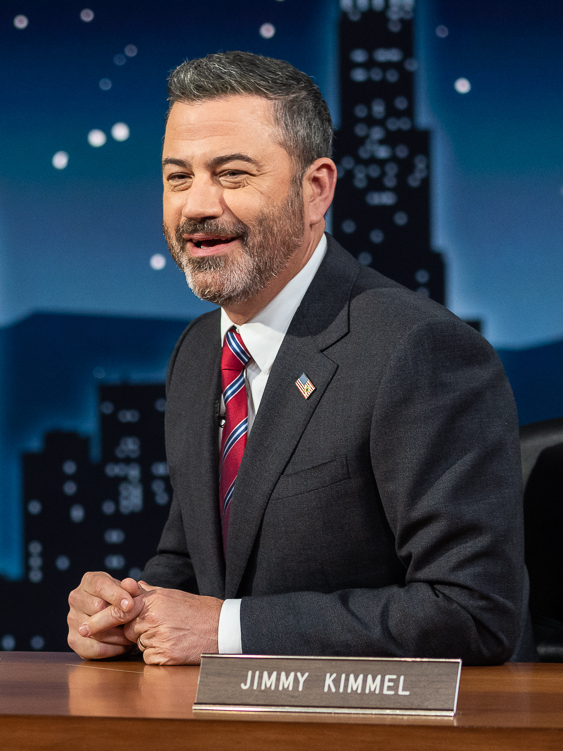
4. **The Immediate Fallout: ABC’s Decision to Temporarily Suspend ‘Jimmy Kimmel Live!’**Following the backlash and the public remarks from FCC chairman Brendan Carr, ABC made the decision to temporarily pull “Jimmy Kimmel Live!” off the air. The show was suspended on September 17th, with reports initially stating it was “indefinitely” pulled. This swift action by Disney’s ABC immediately sent shockwaves through the entertainment industry and sparked widespread public debate.
Walt Disney Company later issued a statement explaining their rationale, saying, “Last Wednesday, we made the decision to suspend production on the show to avoid further inflaming a tense situation at an emotional moment for our country.” They added, “It is a decision we made because we felt some of the comments were ill-timed and thus insensitive.” This explanation suggests an attempt to de-escalate the situation and address the perceived insensitivity of Kimmel’s remarks.
The temporary suspension, however, was quickly interpreted by many as a concession to political pressure, especially given the FCC chairman’s earlier statements. The move raised serious questions about the vulnerability of media outlets to external influence, particularly when powerful government figures express disapproval. It highlighted the complex tightrope media companies walk when balancing editorial freedom with public and governmental expectations.

5. **Joe Rogan’s Potent Warning to Conservatives: “This Will Be Used On You”**One of the most striking aspects of Joe Rogan’s commentary was his direct and emphatic warning to conservative critics of Kimmel who had celebrated his suspension. Rogan, who had previously endorsed President Donald Trump, directly challenged those on the right who found satisfaction in seeing a comedian silenced through governmental pressure. He unequivocally declared, “The companies, if they’re being pressured by the government – so if that’s real – and if people on the right are like, ‘Yeah, go get him,’ oh, my God. You’re crazy. You’re crazy for supporting this because this will be used on you.”
This warning served as a potent reminder of the cyclical nature of censorship and the dangers of allowing the government to dictate speech, regardless of the target. Rogan’s argument was not about defending Kimmel’s specific politics, but about the broader principle that any tool of censorship, once forged and used, can and likely will be turned against those who initially endorsed its application. He saw this as a bipartisan threat, not a partisan victory.
Rogan elaborated on this chilling prospect, imagining a scenario where “globalist lizard people who run the world” would wait patiently, observing the precedent being set. He continued, “‘Great. What do we got? Three years. We’ll wait this out. We’ll wait this out. Yeah, let ‘em say the government should be involved in censoring people’s speech.'” This hyperbolic but impactful imagery underscored his deep concern about the long-term implications of such actions, emphasizing that what starts with one side can quickly affect all.
His message was a stark call for ideological consistency. If one believes in free speech, Rogan argued, that belief must extend to speech one disagrees with or finds offensive. To cheer the silencing of an opponent by governmental means is, in his view, a profound act of self-betrayal, as it legitimizes a power that can then be wielded against one’s own cherished expressions. It transformed the immediate incident into a cautionary tale for all who value open discourse.
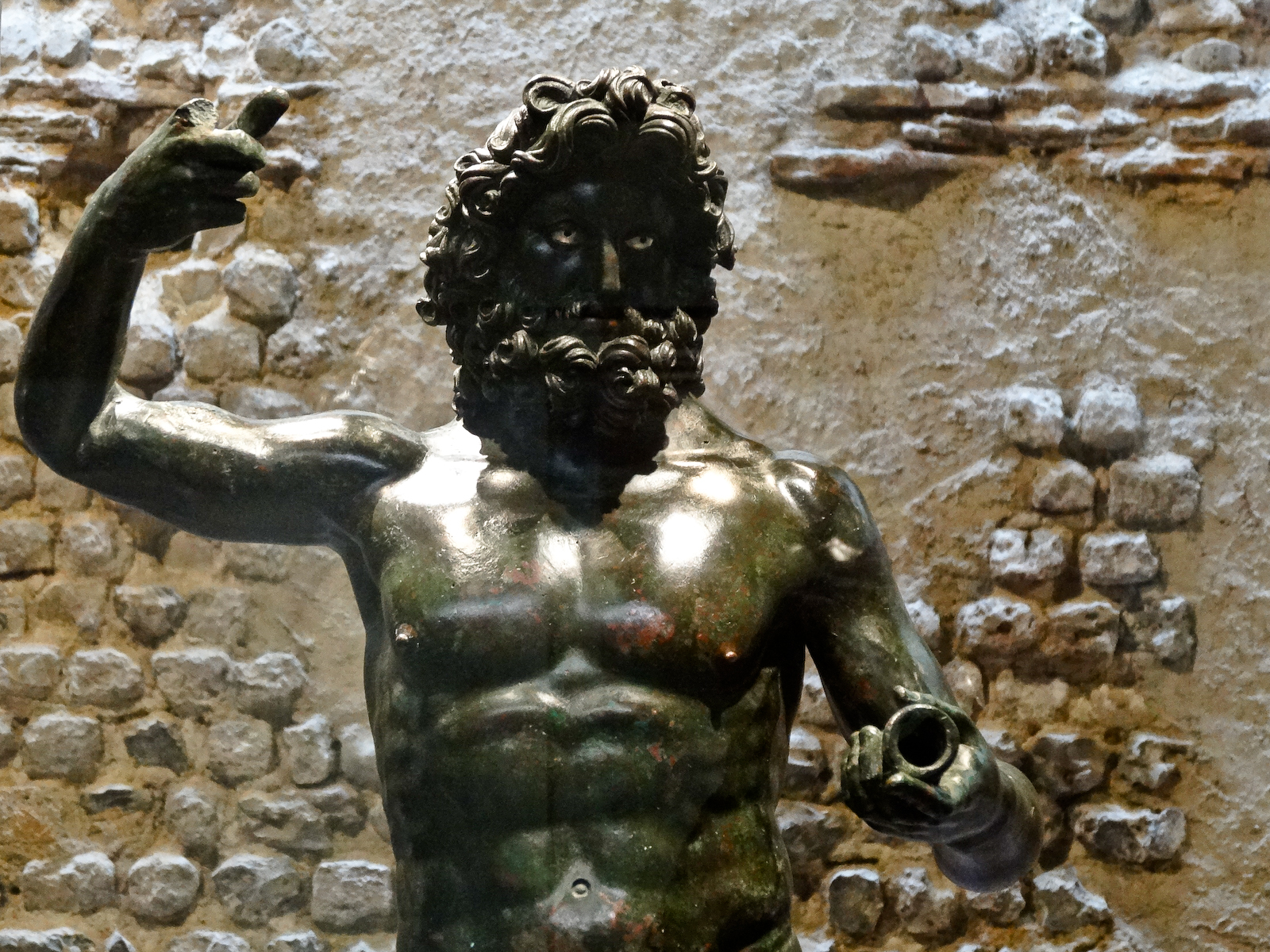
6. **Beyond Partisan Lines: The Enduring Battleground of Free Speech and Comedic Expression**The Kimmel-Rogan incident transcended the typical left-vs.-right political sparring, evolving into a critical discussion about the very foundations of free speech in America. Both Kimmel’s initial comments and the governmental reaction highlighted the increasingly politicized landscape where comedic expression can become a battleground. This situation underscored the delicate balance between a comedian’s right to jest and the public’s, or government’s, reaction to perceived offense.
Comedy, by its very nature, often pushes boundaries, challenges norms, and provokes thought through humor. When government bodies or powerful officials begin to weigh in on what is acceptable or “insensitive” in comedic monologues, it encroaches upon a space historically reserved for unbridled expression. Rogan’s strong condemnation of government involvement in dictating comedic content speaks to this vital function of comedy in society—as a means to critique, observe, and often, lampoon current events without fear of state reprisal.
This event serves as a stark reminder that the battle for free speech is not static; it constantly shifts and adapts to new societal pressures and technological mediums. The pushback against Kimmel, the FCC’s involvement, and Rogan’s spirited defense collectively represent a fresh front in this ongoing struggle. It highlights how even in seemingly trivial matters like a late-night joke, fundamental liberties can be tested, requiring vigilance and bipartisan commitment to protect the principles enshrined in the First Amendment for all. The episode illustrated that the principle of free speech, while seemingly abstract, has very real and immediate implications for everyday public figures and the platforms they inhabit, demanding constant scrutiny and defense against any form of governmental overreach. It is a continuous conversation about what society values in terms of open dialogue and who gets to decide the boundaries of acceptable expression.
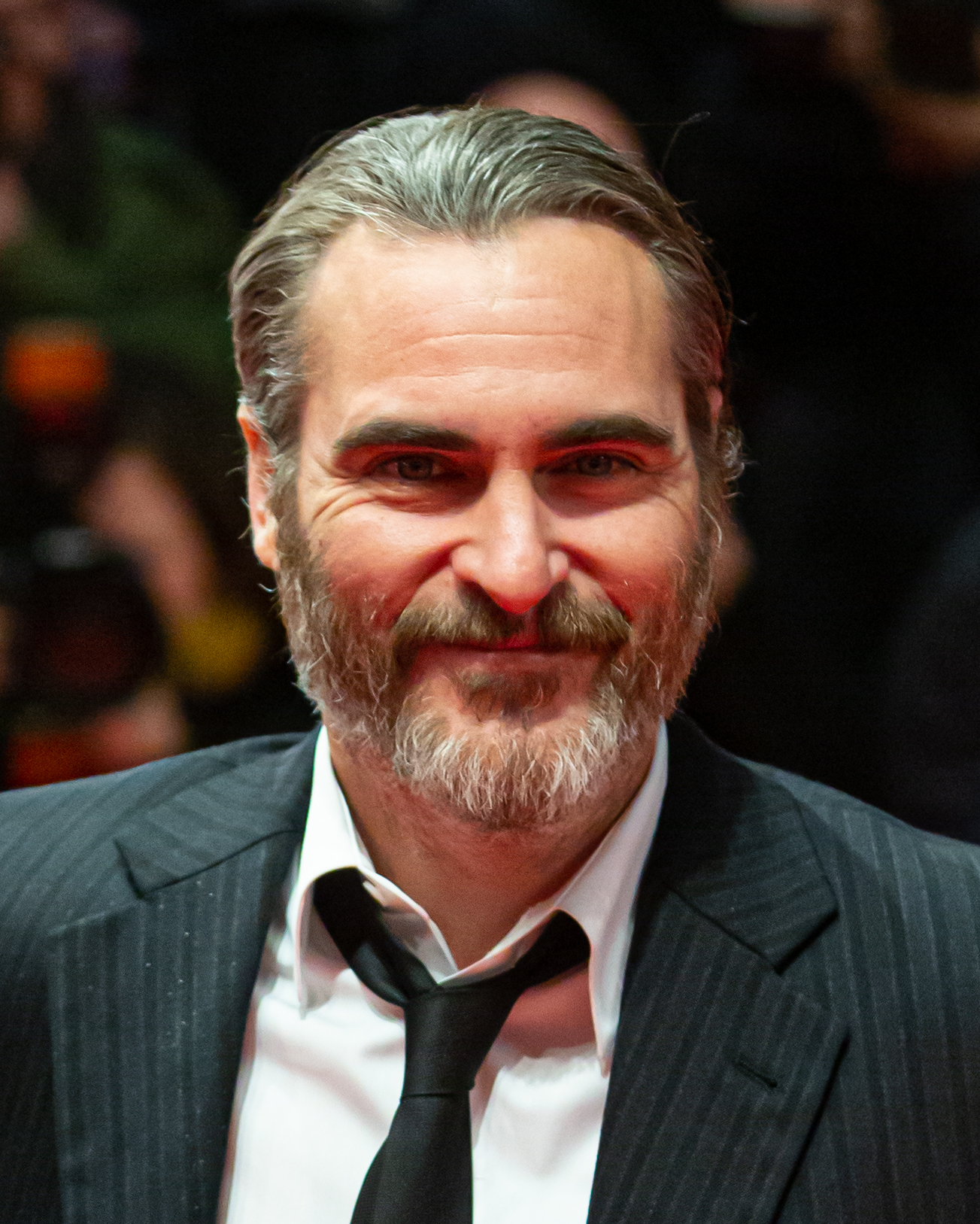
7. **Jimmy Kimmel’s Return: A Monologue for Unity and the Defense of Free Speech**Jimmy Kimmel’s return to the airwaves after his temporary suspension marked a pivotal moment, serving as an immediate platform for a broader discussion on free speech. In his first monologue back, Kimmel directly addressed the “tense situation,” clarifying his original intent. He stated unequivocally that it was “never my intention to make light of the murder of a young man” and did not aim “to blame any specific group,” acknowledging the profound sensitivity surrounding the event.
His address swiftly moved beyond personal vindication to champion a fundamental tenet of American democracy. Kimmel forcefully articulated his view that “A government threat to silence a comedian the president doesn’t like is anti-American.” This transformed the episode into a critical examination of state power versus individual liberties, sending a clear message that official interference in creative expression sets a dangerous precedent for all public discourse.
Crucially, Kimmel highlighted an unexpected, yet robust, defense of his right to speak from across the political spectrum. He expressed profound gratitude for the “solidarity on that, from the right and the left and those in the middle like Joe Rogan.” This acknowledgment illuminated a rare instance of ideological convergence, where the shared value of free speech temporarily eclipsed partisan divides.
Kimmel framed this surprising consensus as a potential silver lining amidst the contentious debate. He mused, “Maybe the silver lining from this is we found one thing we can agree on,” pointing to the common ground established in defending the First Amendment. His monologue thus became a powerful appeal for national unity on a principle that ideally transcends political allegiance, reinforcing that safeguarding unfettered expression is a collective, non-partisan responsibility.
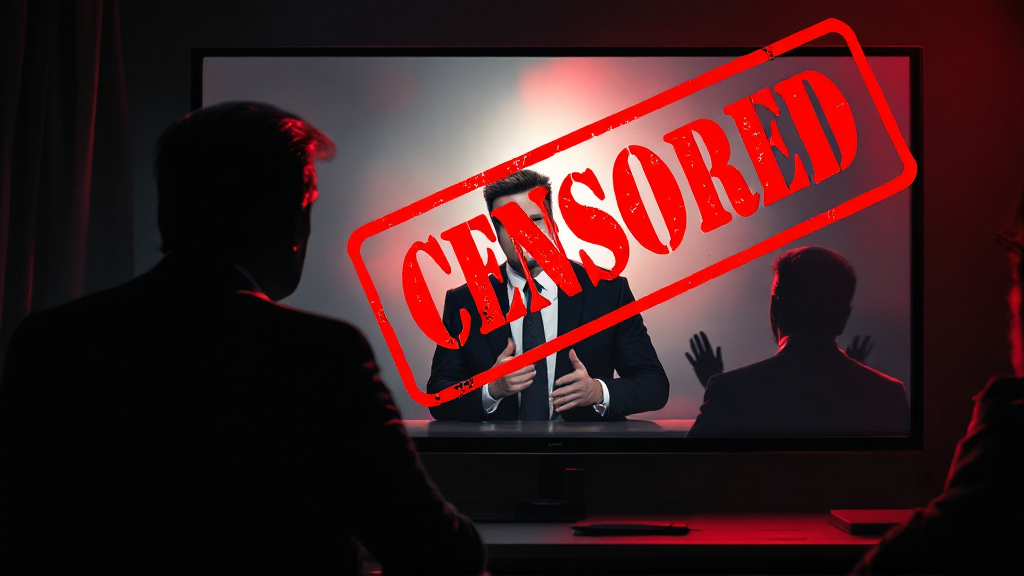
8. **Unexpected Allies: Senator Ted Cruz Joins the Chorus Against Government Overreach**The controversy surrounding Jimmy Kimmel’s suspension highlighted a remarkable phenomenon: the emergence of unexpected allies united by a shared commitment to free speech. Among these was Senator Ted Cruz, a Texas Republican, who publicly criticized FCC Chairman Brendan Carr’s actions against ABC. His intervention was particularly impactful, coming from a leading figure within a political wing often at odds with late-night comedians.
Senator Cruz’s stance mirrored Joe Rogan’s core argument against state dictating comedic content. This demonstration of ideological consistency by Cruz, in defending a figure he might typically disagree with, underscored a principled commitment to constitutional liberties over partisan loyalty. His involvement showcased that safeguarding free expression can indeed unite disparate political figures.
Kimmel himself recognized the significance of this support, publicly thanking “the people who don’t support my show or what I believe, but support my right to share those beliefs anyway.” He commended their courage, stating, “It takes courage for them to speak out against this administration, and they did, and they deserve credit for it.” This reinforced that defending free speech often requires challenging positions held by one’s own political base.
The involvement of conservatives like Senator Cruz, joining others who felt “the administration was going too far in attempting to police free speech,” illustrated a critical distinction. It showed that while some on the right cheered Kimmel’s sidelining, a significant segment understood that legitimizing governmental censorship sets a dangerous precedent that could ultimately be turned against anyone. This cross-ideological defense became a powerful lesson on protecting expression from state control.
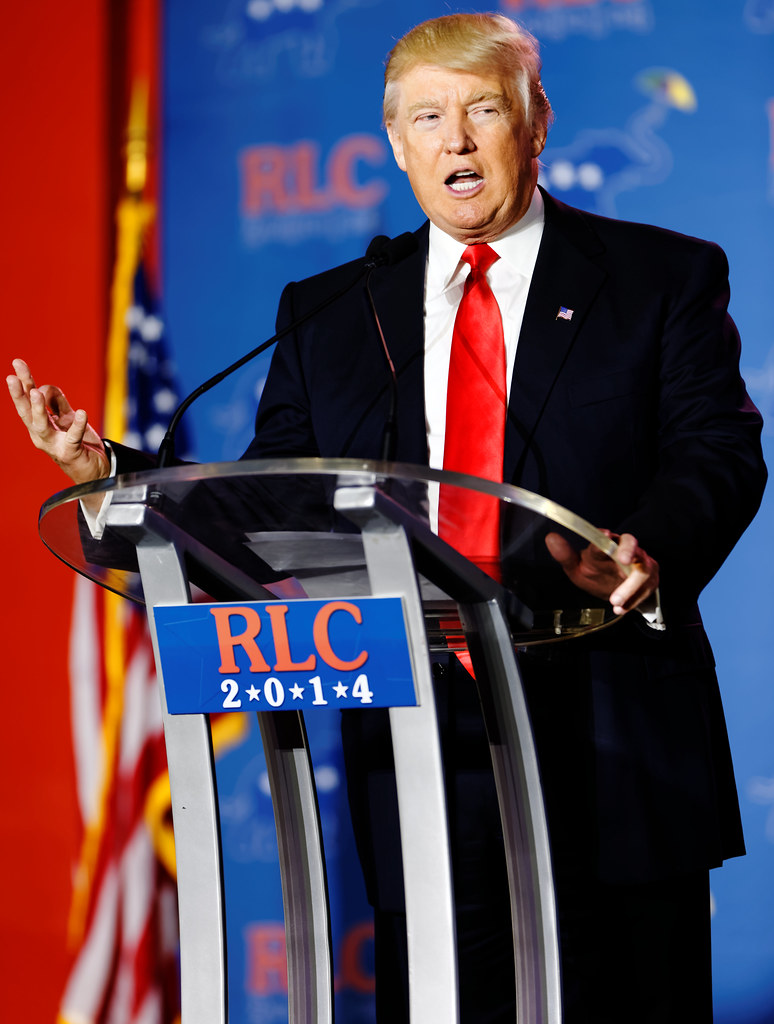
9. **Donald Trump’s Unrelenting Critique: Dismissing Kimmel and Denouncing His Return**In stark contrast to the emerging cross-ideological solidarity, former President Donald Trump maintained an unwavering critique against Jimmy Kimmel, particularly following the comedian’s return. Upon learning of Kimmel’s reinstated show, Trump promptly took to Truth Social to express his profound disapproval, declaring, “I can’t believe ABC Fake News gave Jimmy Kimmel his job back.” This public condemnation revealed his clear expectation that Kimmel’s suspension should have been permanent.
Trump’s post went beyond expressing disbelief, launching into a broader attack on Kimmel’s perceived lack of talent and audience appeal. He claimed, “The White House was told by ABC that his Show was cancelled! Something happened between then and now because his audience is GONE, and his ‘talent’ was never there.” This assertion, implying direct communication and a reversal by ABC, highlighted the ongoing tension between political administrations and media independence.
Furthermore, the former President continued to characterize Kimmel’s comedic output as overtly partisan and detrimental. He wrote that Kimmel “puts the Network in jeopardy by playing 99 percent positive Democrat GARBAGE,” reiterating a familiar criticism leveled against various media personalities and outlets. This rhetoric served to reinforce a narrative demonizing perceived political opponents in the media, rather than engaging with free speech implications.
Trump’s persistent critique also prompted commentary from Joe Rogan, who found it “crazy” for the former president to dedicate social media activity to “posting that you don’t like talk show hosts.” Rogan’s observation highlighted a perceived misallocation of political focus, suggesting that engaging in public feuds with entertainers distracts from more substantive policy discussions. Trump’s position thus stood as a significant counterpoint to calls for unity and principled defense of free speech.
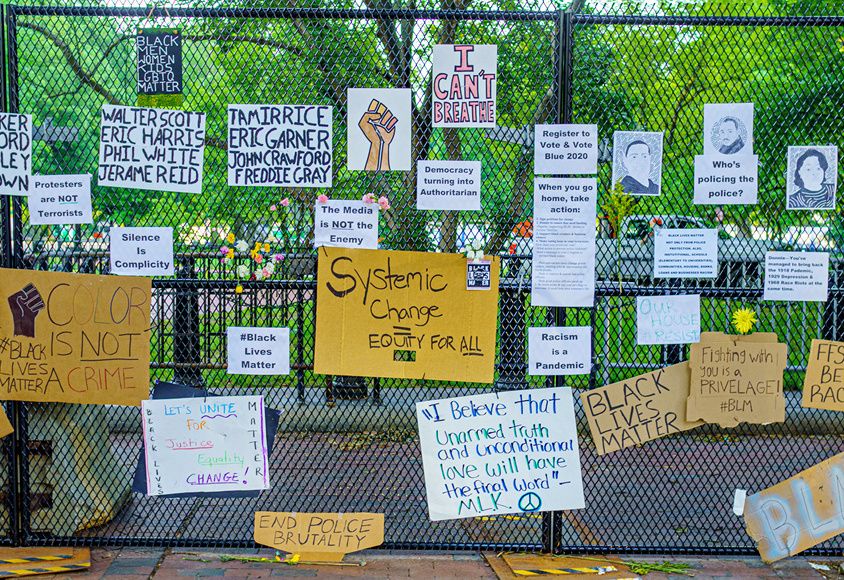
10. **Navigating Pressure: Media Companies, Affiliates, and the Corporate Response to Controversy**The controversy surrounding Jimmy Kimmel’s suspension revealed the intricate pressures faced by media companies when confronted with governmental scrutiny and public outcry. ABC, a Disney subsidiary, found itself in a delicate position after Kimmel’s comments and FCC Chairman Brendan Carr’s public admonition. Carr’s reported warning, “We can do this the easy way or the hard way,” cast a shadow of official concern, even as he later denied it was a direct threat.
ABC’s initial decision to temporarily pull “Jimmy Kimmel Live!” was framed as an effort “to avoid further inflaming a tense situation.” The network explained that “some of the comments were ill-timed and thus insensitive.” While this rationale focused on sensitivity, the timing of the suspension, following FCC pressure, led many to interpret the move as a concession. This scenario highlighted the tightrope media corporations walk, balancing creative autonomy with public trust and regulatory implications.
Adding complexity were actions of ABC’s affiliate stations. Upon Kimmel’s announced return, Sinclair Broadcasting Group, the largest owner of ABC affiliates, declared its intention not to air the series. This was quickly echoed by Nexstar. Such moves by affiliates underscore the decentralized nature of broadcast media, demonstrating how local pressures can impact the national reach of a flagship program.
These corporate decisions, whether from the network or its affiliates, illustrate the constant negotiation inherent in modern media operations. Companies must weigh editorial freedom against factors like potential regulatory actions, advertiser concerns, and shifting public sentiment. Joe Rogan’s warning, that allowing governmental pressure could eventually be “used on you,” resonates deeply here, reminding us of the vulnerability even large media conglomerates face.
11. **Rogan’s Nuanced Take: Defending Kimmel’s Comedic Intent Despite Factual Inaccuracy**Joe Rogan’s commentary on the Jimmy Kimmel controversy provided a sophisticated perspective, delving into the intricacies of comedic expression itself. While Rogan staunchly opposed government censorship, he also engaged with the specifics of Kimmel’s monologue. He readily acknowledged that Kimmel’s contentious remarks regarding the “MAGA gang” and Charlie Kirk’s murder “wasn’t accurate,” a factual critique many might have used for condemnation.
However, Rogan, an experienced comedian, immediately pivoted from this factual assessment to a defense of Kimmel’s underlying comedic intent. He argued that despite the inaccuracy, the comment “wasn’t bad,” emphasizing the distinct objectives of humor. Rogan clarified, “He was just trying to set up this joke of Trump, which was good.” This distinction is crucial, recognizing that comedy often aims to provoke, entertain, and satirize, rather than deliver precise factual reporting.
Rogan further elaborated on his appreciation for the craft involved, noting, “I think what he was trying to do was just set up a joke. He was trying to knock on the MAGA people, but also set up a joke, which was good.” He even found the joke “very funny,” illustrating his ability to separate the political implications and factual precision from its comedic construction. This perspective highlighted the complex nature of humor, where the intention to create laughter can be prioritized over strict adherence to verifiable facts.
By separating the factual basis from the legitimacy of the comedic endeavor, Rogan offered a more robust and nuanced defense of Kimmel’s right to perform. His stance implicitly argued that while a joke might be flawed, it does not automatically warrant government intervention or suppression. This sophisticated interpretation further fortified his overarching argument against state control of comedic speech, reinforcing that humor’s value lies in its unbridled freedom to explore and challenge.
12. **The Enduring Lesson: A Call for Vigilance in Protecting Unfettered Expression**The contentious events surrounding Jimmy Kimmel’s suspension and Joe Rogan’s emphatic response crystallize into an enduring lesson: the paramount importance of sustained vigilance in safeguarding unfettered expression. This incident laid bare the fragility of free speech principles when confronted by intense political polarization and potential governmental coercion, serving as a potent reminder that the battle for the First Amendment is a continuous effort demanding principled stands from all corners of society.
Rogan’s unequivocal declaration, “You can’t support, in any way, shape, or form, the government censoring speech,” encapsulates the core takeaway. His prescient warning to conservatives—”This will be used on you”—underscored the profound danger of any faction condoning state intervention in speech. This principle highlights that free expression is not a partisan privilege, but a universal human right, and its erosion for one group invariably weakens its protections for all. It serves as a cautionary tale against short-sighted satisfaction in seeing an ideological opponent silenced.
Kimmel himself articulated a hopeful “silver lining” from the ordeal: the surprising discovery of “one thing we can agree on,” referencing the cross-ideological solidarity in defending against governmental threats to silence comedians. This unexpected unity, however transient, demonstrated that the fundamental value of free speech can still serve as common ground even in times of profound ideological division. It hints at a potential pathway for bipartisan cooperation when core constitutional liberties are perceived to be under genuine threat.
Ultimately, the narratives of Kimmel, Carr, and Rogan underscore how seemingly isolated incidents involving comedic monologues can rapidly escalate into profound national discussions about the delicate balance of power. It prompts critical examination of the interplay between government authority, media independence, and the individual’s right to articulate views freely, serving as a robust case study for comprehending the complex challenges of navigating public discourse in a volatile and hyper-connected media environment.
In the ever-evolving landscape of public discourse, where the distinctions between humor, critique, and controversy blur with increasing frequency, the Kimmel-Rogan saga stands as a powerful testament to the enduring vitality – and inherent vulnerability – of free speech. It serves as a vital reminder that our collective commitment to unfettered expression, even in its most challenging and provocative forms, remains the bedrock of a healthy and functioning democracy. Moving forward, the echoes of this incident will undoubtedly continue to inform critical debates about censorship, media independence, and the essential role of comedic voices in holding power accountable, encouraging a renewed dedication to the principles that allow all voices, however unsettling, to be heard and debated openly.

